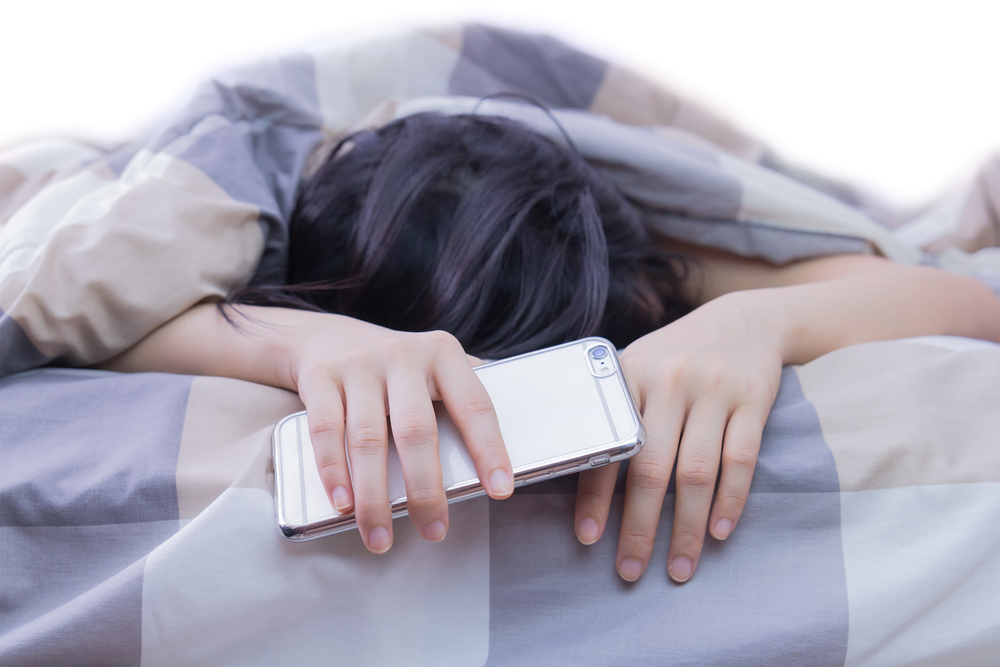Centuries ago, a sage prophesied, “When the iron bird flies, and horses have wheels, the dharma (Buddhism) will move to the land of the red faced men.” You can Google it.
Many have seen these words, but may not know what follows: “At that time, people will worship at the altar of dreams and false visions [television?], and will hold the knowledge of all times in the palms of their hands.” Could the sage have foreseen smart devices? Did he predict a time when we would carry tiny supercomputers? And could he have imagined that we would become servants to our technology, rather than masters?
Our powerful devices consume our attention, and where attention goes, energy follows. An online search on “technology addiction” will return studies on how our devices affect the human brain, nervous system, attention span and well being. The findings are undeniable, as is technology’s impact on humanity. Computers and devices are altering our awareness.
We can feel anxious about our technological dependencies — or we can choose to master our devices. Rather than worry about studies and research into the impacts of technology, why not simply address concerns by changing our relationships with technology from a conscious place of awareness? We can untether ourselves physically, emotionally, and energetically.

Putting Tech to Bed at Night
To put your relationship with your tech into perspective, do you remember the last time you powered off your device? Not to reboot after a crash or freeze, but simply “off.” Most people leave their devices “on” 24/7.
Do you turn your phone off at bedtime, or is it an alarm clock? Do you charge your phone while you sleep? Having a bedside device that is powered-up and charging can lead to use before falling asleep and immediately after waking is discouraged by the National Sleep Foundation. Technology impacts our biology in unexpected ways because of the short-wave blue light emitted. Blue light influences melatonin production in the brain, and can “Delay REM [dreamstate] sleep, compromising alertness the next morning.” The solution is to power devices off before bedtime, remove them from bedrooms, and charge well away from sleeping areas.
The Foundation recommends technology curfews for all, especially children, and suggests reading devices such as e-ink readers that do NOT emit blue light (Kindle Paperwhite). When in doubt, go old school and pick up a paper book if you like to read before sleep, but avoid overhead lighting, using a soft bedside light instead.
Clock Radios
Digital clock radios count as tech. These devices, because of their ungrounded double-wire main cables, emit BIG electromagnetic frequency (EMF) fields relative to their size. EMFs are known to inhibit melatonin production in the brain, again interfering with essential REM sleep and depriving the nervous system of restorative rest.
The answer? It’s cheap and simple. A battery-powered alarm clock by the bed will run for ages. By using one, you’ll rid your bedroom of powerful EMFs that could interfere with sleep. To eliminate emitted light, turn the clock away or on its face. Some clocks offer auto-off functions that darken the display after 30 seconds.
Still Can’t Sleep?
Gentle herbs may be the answer. There are a variety of herbal sleep formulas available, but those based on Ayurvedic principles have centuries of proven effectiveness behind them. Adaptogens like Ashwagandha and Tulsi help the mind and body recover from stress, while Gotu Kola, another adaptogen, supports a calm mind and restful sleep.
Next: Taking Back Attention














